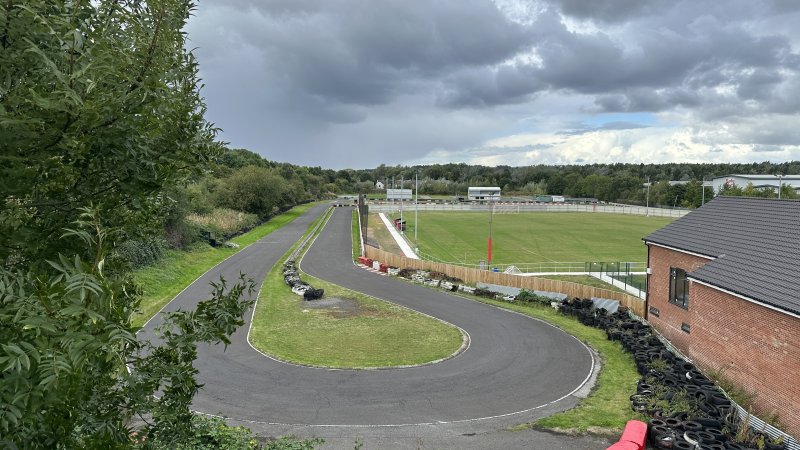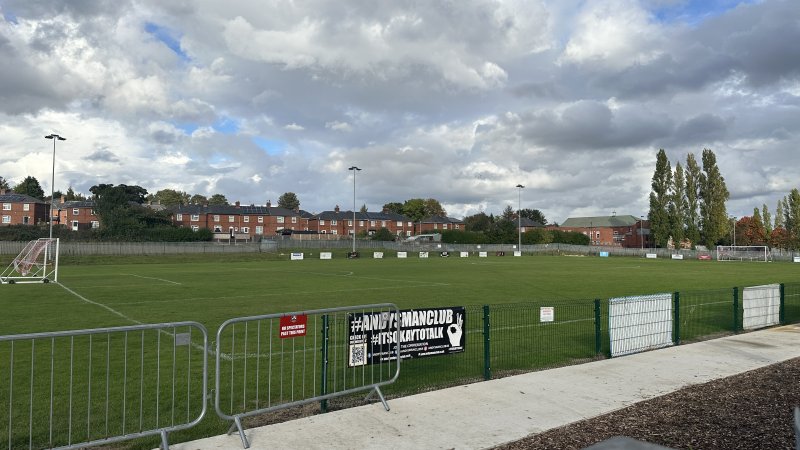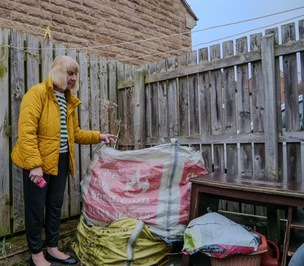CUTS which will see firefighters struggling to deal with the first winter following the Covid outbreak will have their biggest impact in Barnsley, it’s believed.
According to the Fire Brigades Union, the public will face a ‘roll of the dice’ whenever a major incident occurs as firefighters juggle their new coronavirus-related responsibilities with responding properly.
According to FBU South Yorkshire secretary Neil Carbutt, Barnsley will have the lowest number of permanent firefighters on duty at any one time in the region.
South Yorkshire’s numbers have been cut by around a third since 2010 and it now has around 85 firefighters simultaneously on duty to cover 1,552sq km, across the four districts.
South Yorkshire Fire and Rescue’s integrated risk management plan for the next three years shows the borough - which is also covered by pumps from neighbouring districts including Stocksbridge and Dearne - as having just three whole-time (permanent) crews at Barnsley, Cudworth and Tankersley.
This is despite fire and rescue services being key responders to what were some of the most catastrophic floods in the region, in November last year.
Barnsley - whose staff are currently based at Barugh Green while the Broadway site undergoes a £4m rebuild - has also seen it’s number of night-time engines reduced to just one.
And Tankersley is also set to see its crewing levels necessarily reduced.
The station was one of four in South Yorkshire which employed the controversial ‘close proximity crewing’ (CPC) staffing method, which the FBU successfully argued was unlawful in the High Court in 2018.
The shift pattern saw firefighters working 96 hours continuously, on duty and on call.
It’s currently being phased out at Tankersley.
“Barnsley has probably been the worst area for cuts in South Yorkshire,” said Neil.
“The night-time cover is disproportionate when compared to Doncaster and Sheffield, which both have multiple night-time engines.
“At any one time, there are no more than 25 firefighters in Barnsley.
“It’s not just fires, and the politicians will tell you that numbers of fire calls are doing down, but it’s things like flooding, road traffic accidents, water rescue - those types of calls are increasing, and yet the funding isn’t.
“During the flooding in Barnsley and Fishlake, staff worked night and day, and weren’t coming home until midnight when they should’ve finished at 7pm.
“Over the last year we have had some Biblical events - we effectively had 50 people on Hatfield Moors for three weeks.
“It looks like climate change is here to stay, and it’s only going to get worse.”
The union is now campaigning for funding for an extra 5,000 firefighters in the face of continuing Covid duties - including moving dead bodies and delivering PPE.
Post-Grenfell, firefighters are also required to undertake greater inspection, prevention and enforcement work.
The FBU has previously campaigned for flood response to be included in the service’s statutory duties, but funding from central government has remained an issue.
“Firefighters from Barnsley are staffing ambulances to ferry people to Nightingale hospitals - we’re not getting any funding for that,” said Neil.
“We are asked to work within these conditions, that all place additional strain on local authority budgets.
“The government banks on that nature of firefighters to go above and beyond, which we will continue to do.”
Matt Wrack, FBU general secretary, added: “The brutal reality is that, if and when mass-flooding or another major emergency hits this winter, it could impact firefighters’ ability to aid the pandemic response, or respond to another major incident.
”Increasingly, each time one of these major emergencies break out, the public face a roll of the dice, hoping that more than one won’t come at once - and it’s only a matter of time until we lose that gamble.
“Boris Johnson and Rishi Sunak need to recognise the scale of risk faced by the public and fund the frontline firefighters who keep people safe.
“We need at least 5,000 new firefighters immediately to repair some of the damage austerity has done to our service and prepare for the risks of today and tomorrow.”
A South Yorkshire Fire and Rescue spokesperson said: "We’ve suffered big cuts to our government funding over the last 10 years.
"Given most of our money is spent on staff, this has inevitably affected firefighter numbers.
"However, we are continuing to provide a fast and professional 999 response service to local people, including the residents of Barnsley, and have plans to recruit dozens of new firefighters across South Yorkshire in the coming months.”



























